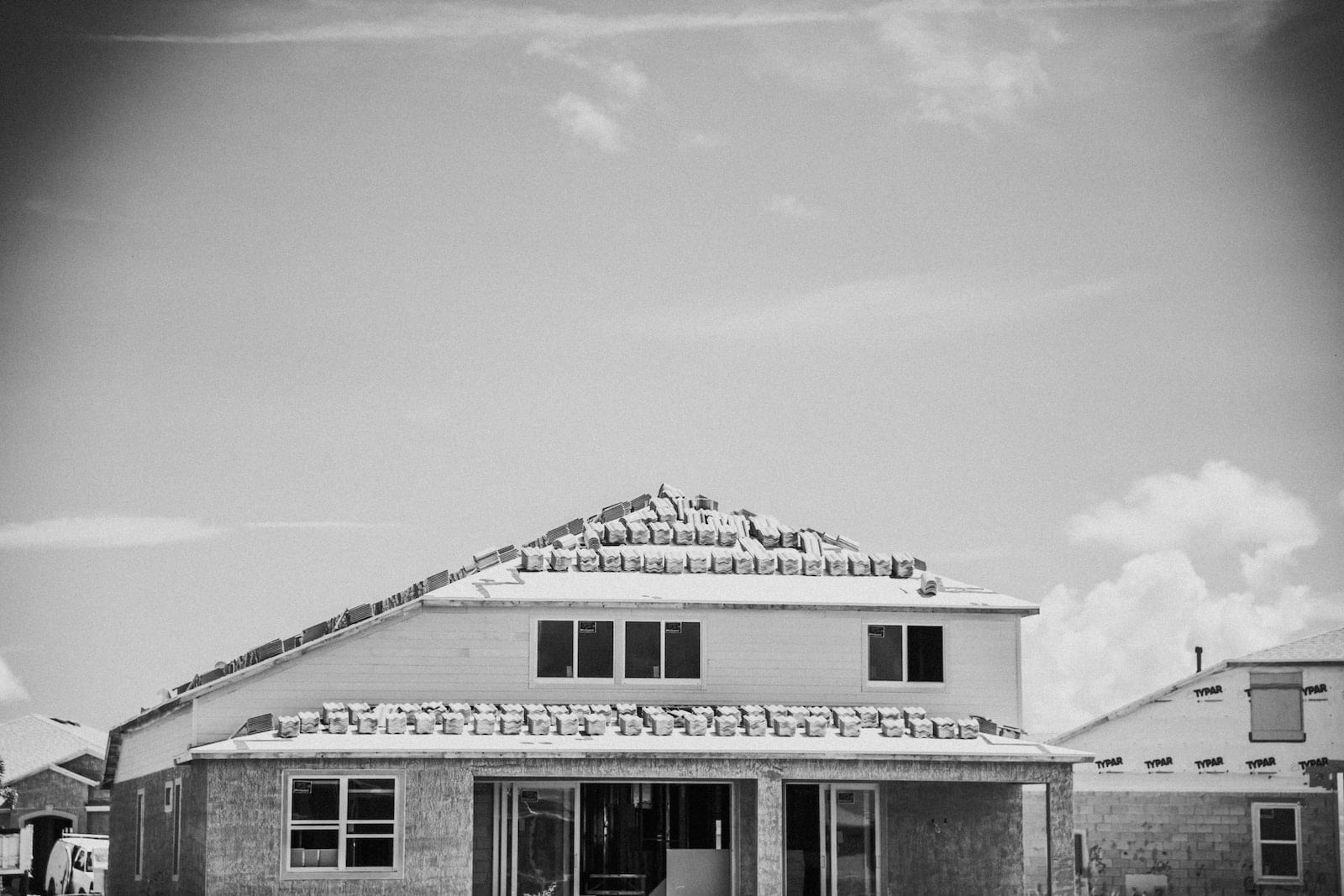Should You Get Another Roof Inspection?
Should You Get a Second Opinion on a Roof Inspection? Your roof is one of the most important components of your home, protecting you and your family from the elements. A roof inspection is crucial to ensure that your roof is in good condition and will continue to function properly. However, what happens if you receive a report that indicates your roof needs extensive repairs or even a complete replacement? In such cases, it is essential to consider obtaining a second opinion on your roof inspection. Here are some reasons why you should consider getting a second opinion on a roof inspection.
Firstly, a second opinion can help you confirm the accuracy of the initial inspection. No matter how experienced or competent the inspector is, there is always a possibility of human error or oversight. A second opinion can help identify any discrepancies or inconsistencies in the initial report, providing you with a more accurate assessment of your roof’s condition.
Secondly, a second opinion can help you avoid unnecessary repairs or replacements. If the initial inspection report suggests that your roof needs extensive repairs or a complete replacement, it can be tempting to take their word for it and proceed with the recommended work. However, a second opinion can help you confirm whether the repairs or replacements are truly necessary or if there are alternative solutions that can save you money and time.
Lastly, a second opinion can provide you with peace of mind. A roof inspection can be a stressful experience, especially if the initial report suggests that your roof needs significant repairs or replacements. Obtaining a second opinion can help alleviate your concerns and provide you with confidence in your decision-making process.
Signs That Indicate You Need a Second Roof Inspection
If you have recently had your roof inspected, you may think that it is in good condition and does not require any further attention. However, there are certain signs that may indicate the need for a second roof inspection. One of the most obvious signs is water damage on your ceiling or walls. If you notice any discoloration or peeling paint, it may be a sign that there is a leak in your roof.
Another sign that you need a second roof inspection is if you notice any missing or damaged shingles. Shingles are an important part of your roof’s protection against the elements, and if they are missing or damaged, your roof may be vulnerable to leaks and other damage. Additionally, if you notice any sagging or uneven areas on your roof, it may be a sign that there is damage to the underlying structure of your roof.
Finally, if you have had any severe weather events in your area, such as hail or high winds, it is a good idea to have your roof inspected again. Even if you did not notice any damage immediately after the event, there may be hidden damage that could lead to problems in the future.
In summary, if you notice any signs of water damage, missing or damaged shingles, or sagging areas on your roof, it is important to have a second roof inspection. Additionally, if you have experienced severe weather events in your area, it is a good idea to have your roof inspected again to ensure that it is in good condition and able to protect your home.
The Benefits of Getting a Second Roof Inspection
Moreover, getting a second roof inspection can provide you with peace of mind. After all, your roof is one of the most critical components of your home, and it is essential to ensure that it is in good condition. By getting a second opinion from a different roofing contractor, you can confirm whether the initial inspection was accurate and if any repairs or replacements are necessary. This can help you avoid costly mistakes and ensure that your roof is in the best possible condition to protect your home and family.
Another benefit of getting a second roof inspection is that it can help you negotiate with your insurance company. If your initial inspection revealed damage to your roof, but your insurance company denied your claim, a second inspection can provide additional evidence to support your case. By having a second opinion from a reputable roofing contractor, you can strengthen your argument and increase your chances of receiving the compensation you deserve.
In conclusion, getting a second roof inspection is a smart decision for any homeowner. It can provide you with peace of mind, help you avoid costly mistakes, and strengthen your case with your insurance company. So, if you are unsure about the results of your initial roof inspection or have any doubts about the condition of your roof, don’t hesitate to get a second opinion from a qualified roofing contractor.
How Often Should You Get a Second Opinion on a Roof Inspection?
It is always a good idea to get a second opinion on a roof inspection, especially if you are unsure about the results. However, the frequency of getting a second opinion may vary depending on the situation. If you have just had your roof inspected and you are not satisfied with the results, it is best to get a second opinion right away. On the other hand, if you have not had your roof inspected in a while, it is recommended to get a professional inspection every 3-5 years.
Additionally, if you have experienced any severe weather conditions such as hail, heavy rain, or strong winds, it is essential to have your roof inspected as soon as possible, even if you had a recent inspection. These weather events can cause damage to your roof that may not be visible to the naked eye.
In conclusion, it is crucial to prioritize the safety and longevity of your roof by getting regular inspections and seeking a second opinion when necessary. Don’t hesitate to reach out to a professional if you have any concerns about the condition of your roof.
What to Expect During a Second Roof Inspection
If you’re scheduling a second roof inspection, it’s likely because there were issues found during the first inspection that needed to be addressed. During the second inspection, the inspector will be looking to ensure that any necessary repairs were made and that the roof is now in good condition. They will also be looking for any new issues that may have arisen since the last inspection.
During the inspection, the inspector will likely climb onto the roof to get a closer look at any potential problem areas. They will also inspect the attic and interior of the home to check for any signs of water damage or leaks. The inspector may also use specialized equipment, such as infrared cameras, to detect any areas of the roof that may be retaining moisture.
After the inspection, the inspector will provide you with a detailed report outlining any issues that were found and any necessary repairs that need to be made. They may also provide recommendations for ongoing maintenance to help keep your roof in good condition. It’s important to address any issues found during the inspection promptly to prevent further damage to your home and to ensure the safety of your family.

